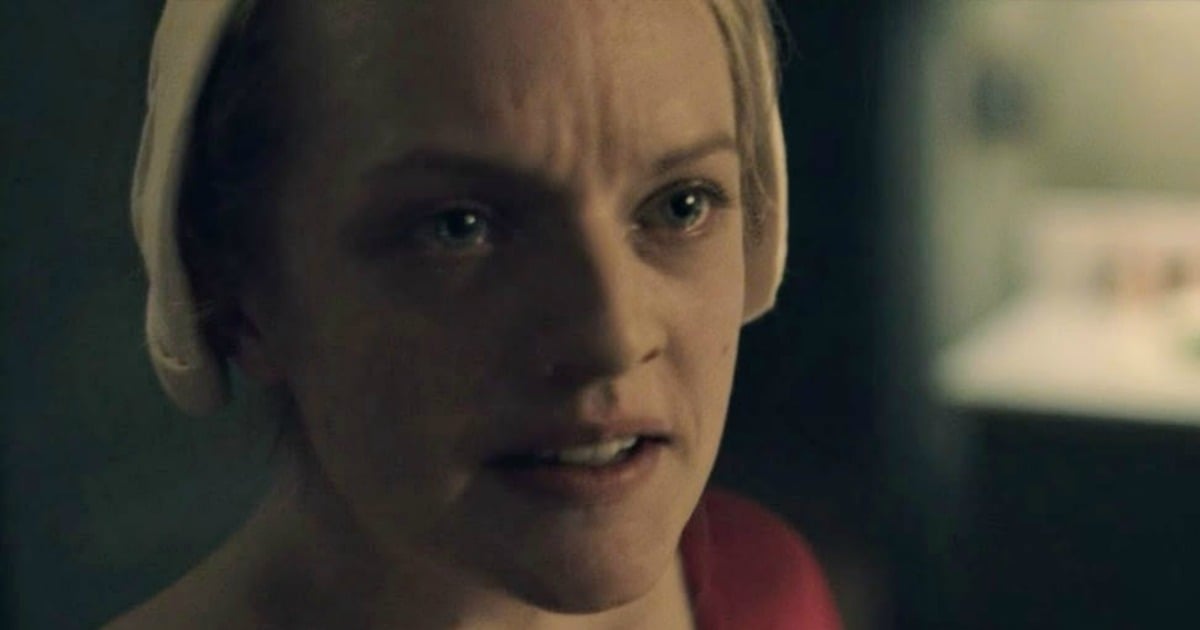Nick from The Handmaid’s Tale is perhaps one of the most complex characters in Margaret Atwood’s disturbing, dystopian world.
In both the book and the TV series, it’s never quite clear what Nick is thinking. While Offred appears to open up to him about her challenges in Gilead, Nick says little about himself. He remains a mystery. The question of whether he can be trusted is one that is never truly answered. In the final scene, when Offred is lead to a black van by armed men, after Nick asks her to trust him, we’re hopeful, but inevitably unsure of her fate.
There’s one subtle moment, however, that Max Minghella (the actor who plays Nick) says is the most emotionally revealing for his character. And it’s likely most of us missed it.
Listen: Laura Brodnik and Clare Stephens deep dive into The Handmaid’s Tale. Post continues after audio.
In episode 8, Jezebels, Nick attempts to break off his affair with Offred, saying that it’s “too dangerous”. He’s had to drive Offred to a brothel with the Commander, something Offred thinks has upset him, despite the fact that she had no choice in the matter.
Frustrated and upset, Offred says, “I don’t know anything about you, you know”.
“Nick, you won’t tell me anything. So I don’t know anything. I don’t know who you are.”
She asks if his life as it stands is enough. When he reiterates the danger of continuing their relationship, saying she could be killed, Offred responds, “At least someone will care when I’m gone. That’s something”.


Top Comments
So she says she doesn't know anything about him.
He tells her something about himself, something undeniably true.
He is totally wrong.
Jeez spoiler alert
Really? It seems pretty obvious that an article with a title referring to an important line in a TV series might contain spoilers.